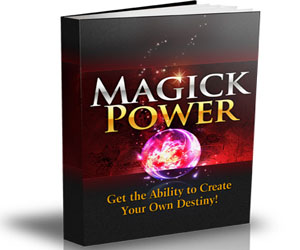When Shall We Three Meet Again?
Although anyone with an appreciation for the author’s craft would have to be in a supremely bad mood to deny the quality of the Harry Potter books, you could forgive someone for being a little bad tempered over the fact that people seem to relate every book about witches and wizards back to them. Witches and wizards have been present in literature since long before JK Rowling put pen to paper, and will continue to be so.
Shakespeare himself uses three witches to compelling effect in perhaps his most famous play, Macbeth, while including such characters elsewhere in his oeuvre. He himself was most likely not the first, as there is a certain fascination to the idea of magic which makes for very entertaining reading. Authors like Philip Pullman and Sir Terry Pratchett have also created fascinating magical worlds.
The upshot of this is, for some, a certain lack of enthusiasm for stage magic. If you have read a book in which magic is used to create new ways of traveling, as a weapon and in other extraordinary ways, as a child you would be forgiven for wondering why the magician in front of you is using it to make a marble disappear. Where’s the shock and awe in that?
Smart illusionists will take this as a challenge. Harry Potter may well be able to produce a corporeal Patronus, and that’s nice and all, but Penn and Teller can catch bullets between their teeth. Stage magic needs to keep improving to keep people interested, and the best illusionists will know what they need to do.





